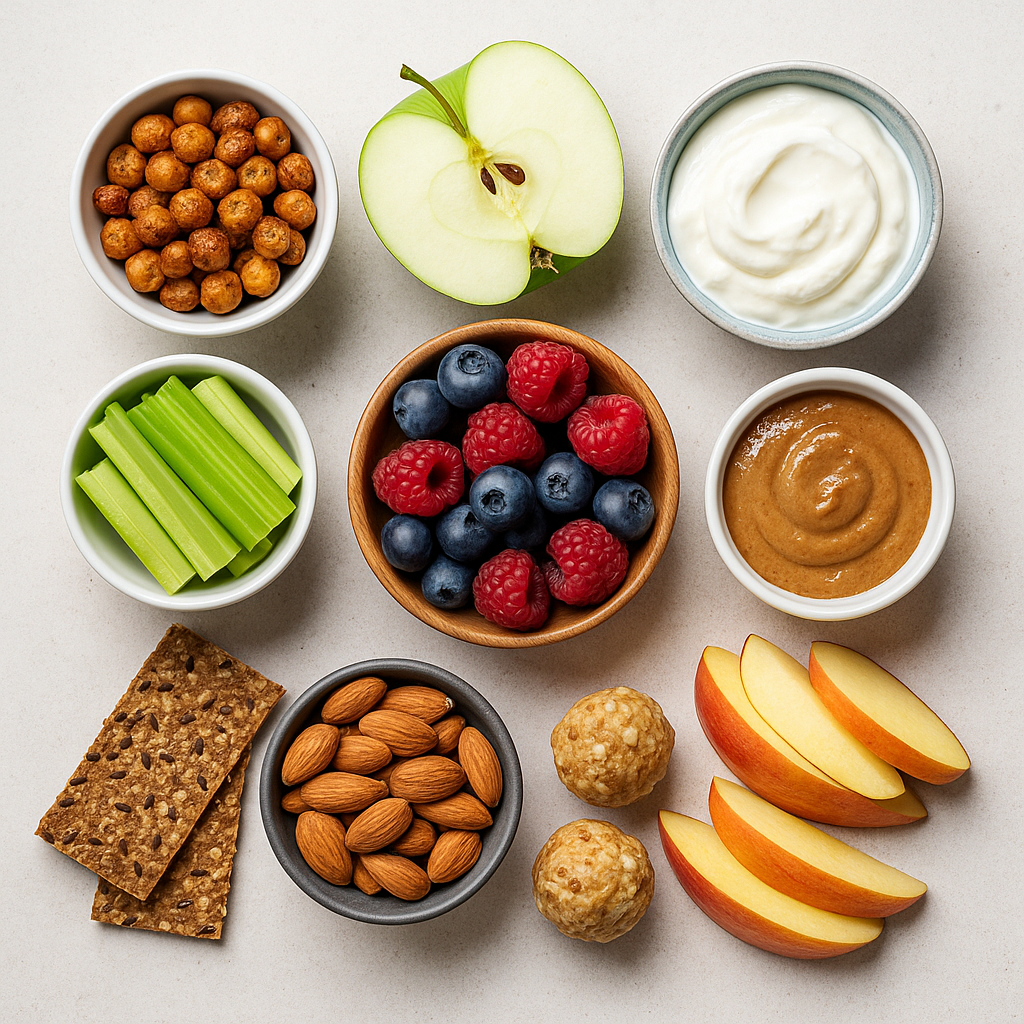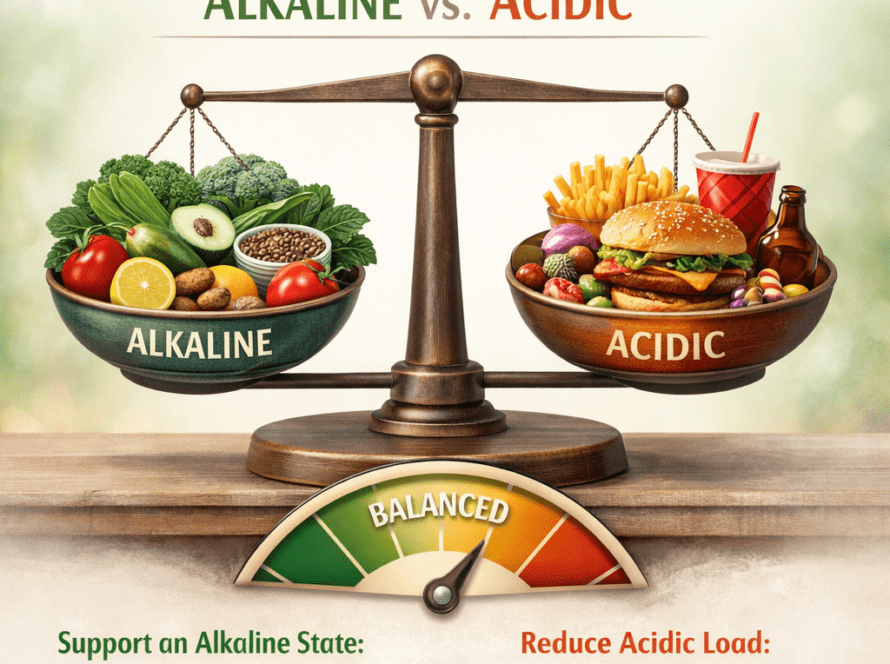Let’s face it — most of us snack. Whether it’s out of habit, hunger, stress, or boredom, reaching for something between meals is part of modern life. But how often do we stop to think about what that snack is actually doing to our body?
At Blue Zone Nutrition, we believe that snacking, when done mindfully, can support your energy levels, gut health, and even weight management. But there’s a fine line between a snack that nourishes you… and one that sends your blood sugar on a rollercoaster.
Why We Snack
Snacking isn’t inherently bad — in fact, it can be helpful:
- To maintain stable blood sugar levels
- To prevent overeating at mealtimes
- To fuel you between workouts or long meetings
- To provide nutrients your main meals might have missed
But it becomes a problem when:
- Snacks are ultra-processed or sugar-laden
- You eat out of habit, not hunger
- You’re using food to soothe emotions or distract from stress
The Hidden Dangers of Common Snacks
Many foods marketed as “healthy” are anything but. Here are a few examples:
- Protein bars that contain more sugar than a chocolate bar
- Low-fat yoghurts filled with artificial sweeteners and emulsifiers
- Fruit juices that spike blood sugar and leave you hungry again
- Rice cakes — high GI, low nutrition, and rarely satisfying
These can mess with your metabolism, trigger cravings, and negatively affect your gut microbiome.
Smart Snacking Strategies
Here’s how to make snacking work for your health, not against it:
1.Prioritise protein, fibre, and healthy fats
These slow digestion and keep you full for longer. Think a small handful of nuts with berries, hummus with cucumber slices, or a boiled egg with sea salt.
2. Avoid snacking when you’re not hungry
Before you eat, ask: Am I actually hungry? Or just bored, tired, or stressed? Drink a glass of water and check in with yourself.
3. Watch your portions
Snacks should be small — not second lunches. Pre-portion nuts or trail mix instead of eating from the bag.
4. Snack slowly and mindfully
Step away from your screen, sit down, chew properly. You’ll enjoy it more — and you’re less likely to overeat.
5. Plan ahead
Healthy snacks don’t happen by accident. Have a few staples on hand: chopped veg, nut butter, boiled eggs, or full-fat Greek yoghurt.
Easy Gut-Friendly Snack Ideas
Here are some ideas that tick the boxes for taste, balance, and digestive health:
- Celery sticks with almond butter
- A slice of apple with tahini
- A small tub of full-fat coconut yoghurt with cinnamon
- Flaxseed crackers with avocado
- Unsweetened kefir with berries
- Roasted chickpeas or broad beans
- Homemade bliss balls (with oats, nuts, seeds and dates — no syrups)
Final Thoughts
Snacking doesn’t have to derail your health goals — it can be part of a balanced, energising routine. The key is quality, intent, and balance. Choose whole, nourishing foods and listen to your body’s signals.
After all, it’s not just what you eat — it’s how and why you eat it that matters most.
Written by Milvia Pili (FNTP)
Nutritional Therapist | Blue Zone Nutrition




